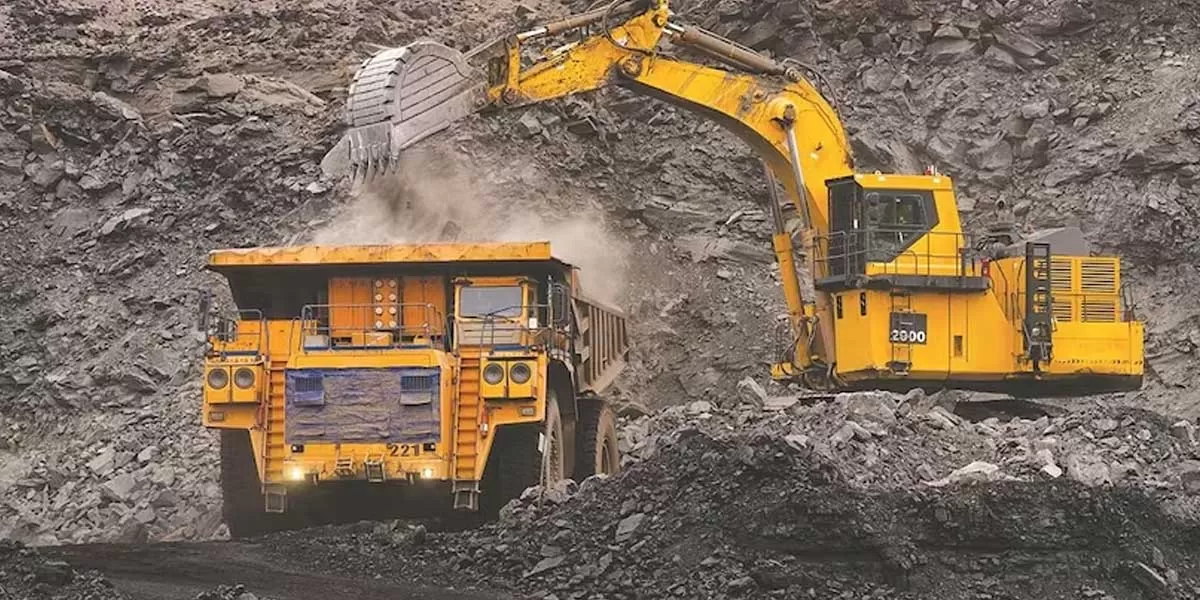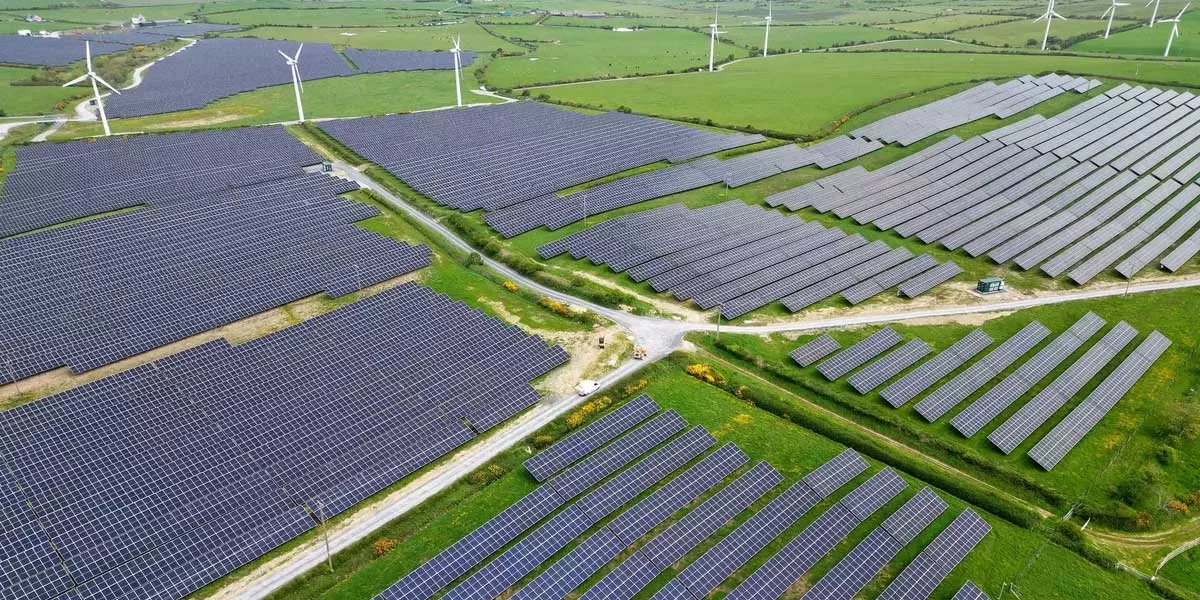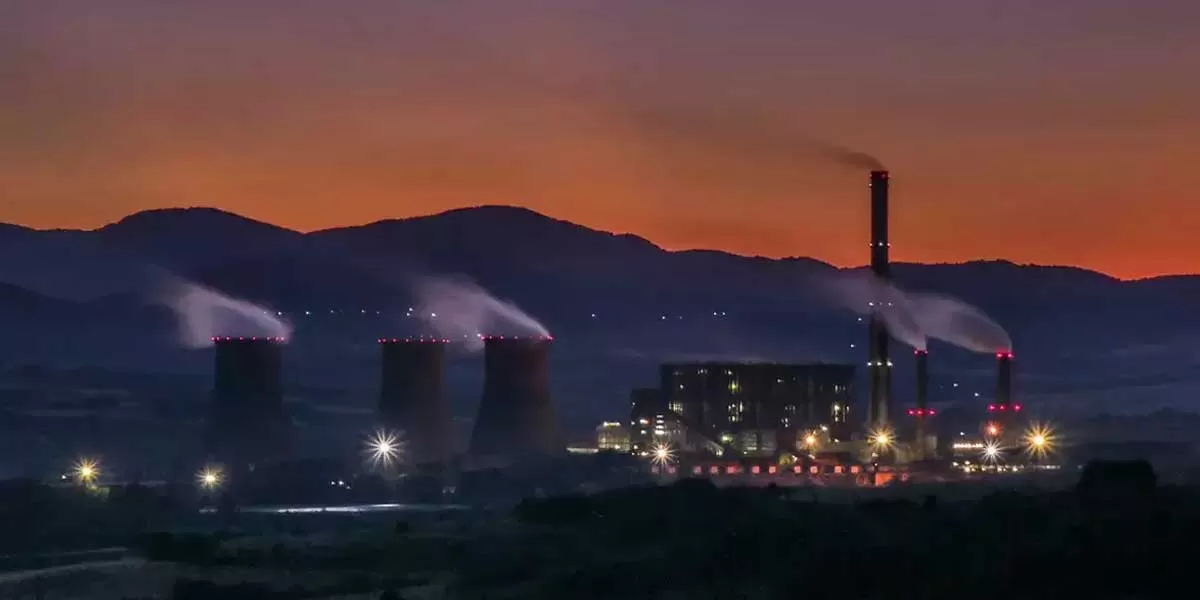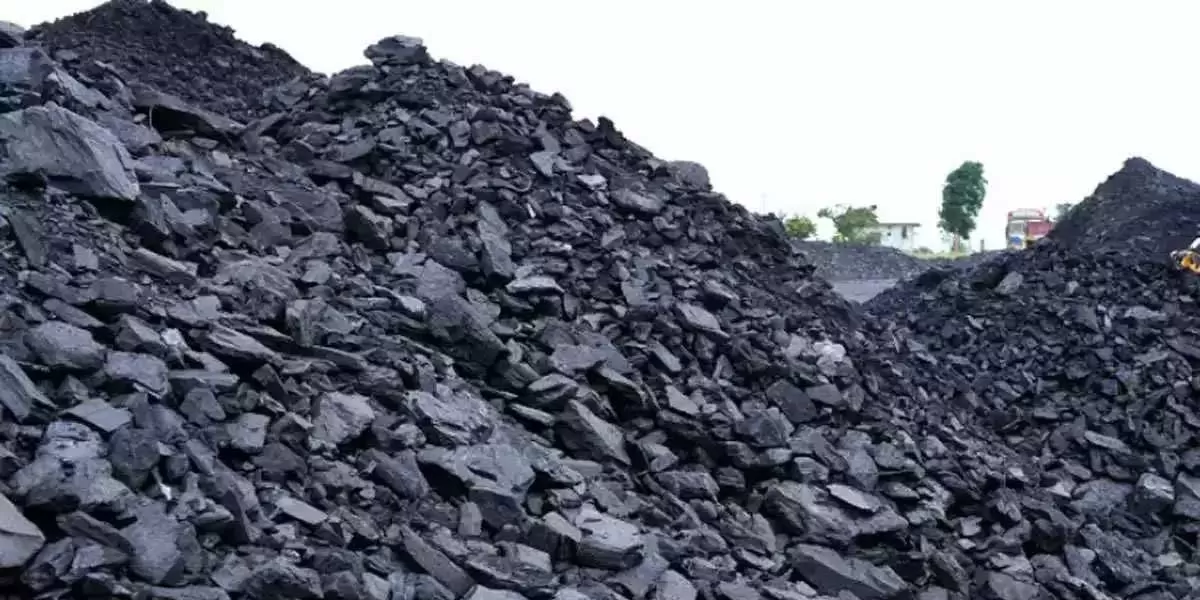

Morocco to expand energy capacity by 9 gigawatts; 6.5 for renewables
Leila Benali, Energy Minister, Morroco, speaking at a conference on batteries in Rabat, revealed that out of the $7 billion investment planned by Morocco to expand its energy capacity by 9 gigawatts by 2027, 6.5 gigawatts would be attributed to renewables. Currently, renewable capacity stands at 4.5 gigawatts, comprising 37.6 % of the total capacity, as reported by the electricity regulator.
Since 2009, Morocco has allocated $6 billion to renewable projects, aiming to raise their share in the country's energy blend to 52% by 2050, primarily through investments in solar and wind energy. ..

Morocco to expand energy capacity by 9 gigawatts; 6.5 for renewables
Leila Benali, Energy Minister, Morroco, speaking at a conference on batteries in Rabat, revealed that out of the $7 billion investment planned by Morocco to expand its energy capacity by 9 gigawatts by 2027, 6.5 gigawatts would be attributed to renewables. Currently, renewable capacity stands at 4.5 gigawatts, comprising 37.6 % of the total capacity, as reported by the electricity regulator.
Since 2009, Morocco has allocated $6 billion to renewable projects, aiming to raise their share in the country's energy blend to 52% by 2050, primarily through investments in solar and wind energy. ..

Thermal plant load factors will approach 70% in FY25; Ind-Ra reports
Ind-Ra expects merchant market prices to remain elevated in FY25, driven by sustained high demand and sluggish thermal capacity expansions. However, it foresees an acceleration in thermal capacity additions over FY25-26, with annual commissioning expected to range between 6-8GW. The new draft tariff norms by the Central Electricity Regulatory Commission for FY25-FY29 aim to maintain stability; ensuring regulated returns for existing power plants.
Additionally, the agency predicts continued renewable capacity additions at a pace of 15-18GW annually over FY25-FY26, supported by lowe..

Hindustan Zinc, Jindal Power vie for Rajasthan Gold Mines
Several prominent Indian firms including Hindustan Zinc, Jindal Power, and JK Cement are competing for the rights to operate two gold mines in Rajasthan. This competitive bidding process, overseen by the Rajasthan government, highlights growing interest in India's mining sector despite regulatory and operational challenges.
The auction, facilitated under the Mines and Minerals (Development and Regulation) Act, aims to allocate mining rights for the Bhukia and Khetri mines in Rajasthan. These mines are estimated to hold significant reserves of gold, attracting bids from major players in ..

Coal India and NMDC eye lithium mines
Coal India and NMDC, two of India's foremost mining companies, are actively exploring opportunities to delve into the lithium mining sector overseas. With the increasing global demand for lithium, driven primarily by the surge in electric vehicles and renewable energy storage solutions, the move signifies a strategic shift in the companies' focus towards emerging minerals crucial for the future of clean energy. As traditional mining commodities face fluctuating demand and environmental scrutiny, diversifying into lithium presents a forward-looking approach for sustainable growth.
Lithi..














